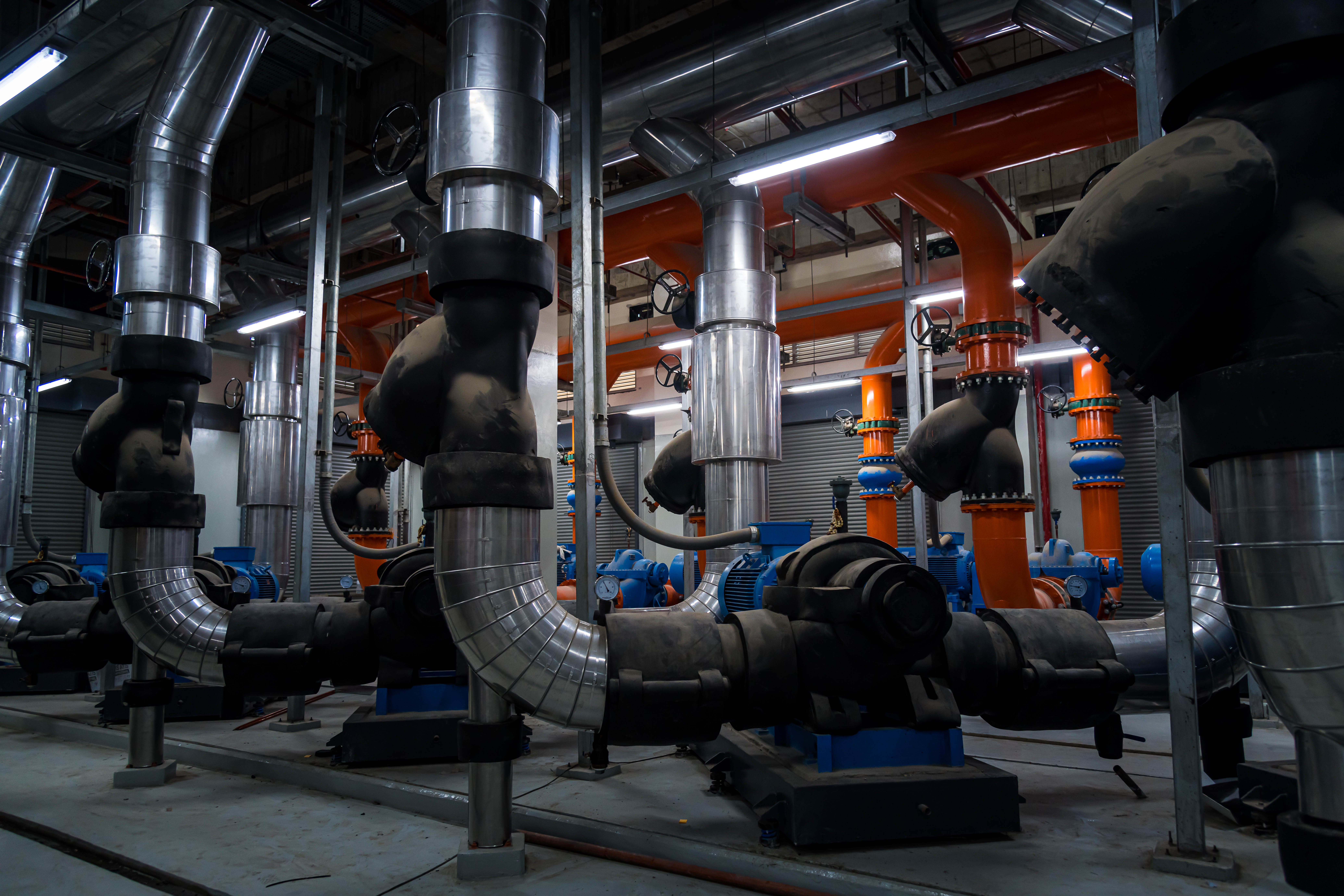Tips for Maximizing Savings When Shopping for Industrial Refrigeration Equipment
Finding the right industrial refrigeration equipment is crucial for maintaining efficiency and performance in many industries, from food processing to pharmaceuticals. The challenge often lies in balancing the initial investment against the long-term cost benefits. To navigate this complex marketplace and make cost-effective decisions, it’s essential to understand the intricacies of purchasing and maintaining these systems. Keep reading to discover the key strategies for optimizing your investment in industrial refrigeration.
Strategies for Finding the Best Deals on Industrial Refrigeration Units

When shopping for industrial refrigeration equipment, the quest for value should go beyond the sticker price. It’s essential to hunt for deals that provide the perfect combination of cost savings without sacrificing quality. Seasonal sales and bulk purchase discounts can offer significant savings, but thorough market research is a must to spot these deals.
Developing a relationship with suppliers and manufacturers may yield exclusive offers and discounts. Companies can leverage these partnerships to negotiate better terms, such as extended payment periods or lower prices on bulk orders. Additionally, staying informed about industry trends can alert businesses to potential price drops when new models are introduced, leading to savings on older but still reliable units.
Another strategy involves seeking out refurbished or used equipment. You can find the best deals with Genemco, which offers the largest selection of pre-owned and expertly refurbished industrial refrigeration equipment. Buying used industrial equipment like compressors, chillers, pumps, heat exchangers, and condensers allows you to get equipment with the same functionality at a fraction of the cost of new units.
Trade-ins and buy-back programs further reduce the expense of upgrading to a new system by offsetting the cost with older units. These programs are a dual win for businesses, as they reduce environmental impact through recycling while also providing financial relief.
The Role of Energy Efficiency in Saving on Long-Term Refrigeration Costs
In today’s eco-conscious business environment, energy efficiency is not just a buzzword but a critical factor in purchasing decisions. Industrial refrigeration units that consume less energy contribute to significant savings on utility bills over the unit’s lifespan. It’s vital to consider the energy rating as a key metric when comparing refrigeration systems.
Using cutting-edge refrigeration technology can also mitigate environmental impact fees and taxes, which are increasingly common as governments encourage greener practices. Furthermore, efficient units typically require less maintenance, saving additional costs associated with servicing and parts replacement.
Grants, subsidies, and tax incentives for investing in energy-efficient equipment are available in many regions. Businesses that take advantage of these programs can substantially lower the net cost of new refrigeration units while aligning with global sustainability efforts.
The Importance of Proper Maintenance in Maximizing Industrial Refrigeration Savings

Proactive maintenance cannot be overstated in the realm of industrial refrigeration. By implementing a regular service schedule for equipment like evaporators or homogenizers, businesses can detect and address issues before they escalate into significant failures. This foresight not only ensures uninterrupted operations but also maximizes the potential savings by extending the equipment’s lifespan.
Educating on-site staff about basic maintenance practices is a cost-effective way to keep systems running efficiently. When employees are knowledgeable about the equipment, they can perform daily inspections and minor fixes, reducing the need for external service calls.
A well-maintained industrial refrigeration system is less prone to downtime, which is critical for operations that cannot afford interruptions. The continuity of processes ensures steady production and avoids the financial losses associated with unexpected halts. Correspondingly, well-cared-for equipment generally consumes less energy, further contributing to cost savings.
Investing wisely in industrial refrigeration equipment entails more than securing a low purchase price; it requires a comprehensive view of total ownership costs and an active approach to maintenance. Through informed decision-making, leveraging available deals, pursuing energy efficiency, and maintaining diligent upkeep, businesses can achieve significant financial savings and operational excellence over the lifetime of their refrigeration units.



